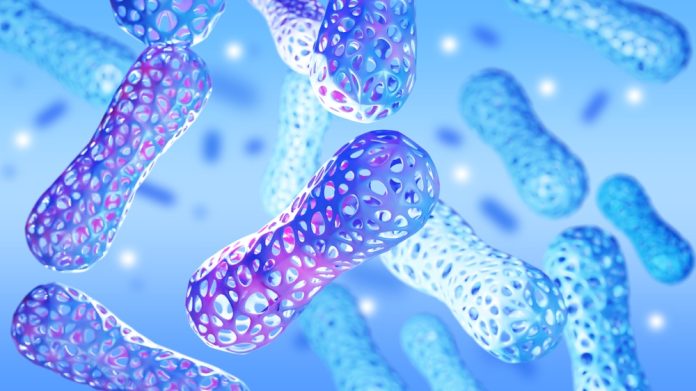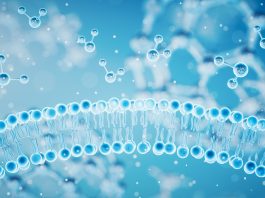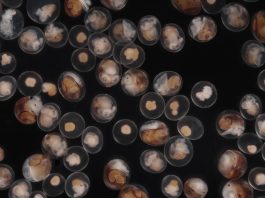MICROBIOMES4SOY responds to the urgent call on World Microbiome Day to transition to healthier, more environmentally friendly, plant-based diets.
The EU-funded Horizon project uses the soybean crop as a model system to deepen our understanding of microbiomes and develop ambitious microbiome-based innovations in the food sector.
Microbiomes, the diverse communities of microorganisms found in all parts of the environment and within our human bodies, are the underappreciated and unrealised pioneers of our food systems.
Recognising this potential, MICROBIOMES4SOY aims to use their full capabilities to positively impact people and the planet.
Harnessing microbiomes from production to consumption
This comprehensive strategy spans from production to consumption, underscoring the interconnectedness of our food ecosystem.
Embracing this holistic approach, MICROBIOMES4SOY examines the impact of soya as a climate-positive alternative protein source.
Angela Sessitsch, project coordinator at the Austrian Institute of Technology, explained: “We will use soya beans as a model crop to better understand the dynamics and functions of soil and plant-associated microbiomes.
“We will also develop microbial applications to improve plant stress resilience and to improve the nutritional quality of soya beans.”
MICROBIOMES4SOY will foster the transition to better planetary health through:
- Developing microbiome-based knowledge and awareness.
- Creating microbiome-based solutions through more sustainable food production.
- Facilitating healthy soy-enriched diets.
Embracing a multi-actor approach
MICROBIOMES4SOY is equipping food system actors, including farmers and industry professionals, with essential knowledge and skills about microbiome-based techniques for enhanced agricultural management and improved aqua feeds.
Furthermore, dietary trials will assess the impact of substituting animal protein with soya-based tofu on human health and gut microbiomes.
The project aims to discover how including soy-based proteins in diets could benefit health and sustainability through advanced scientific techniques such as metagenomic sequencing and metabolome analysis.
Underlying the soybean’s versatility, Viggó Þór Marteinsson, project partner (MATIS), stated: “Microbial-improved soya can improve the gut health of fish to help develop improved feeds for the aquaculture sector.”





